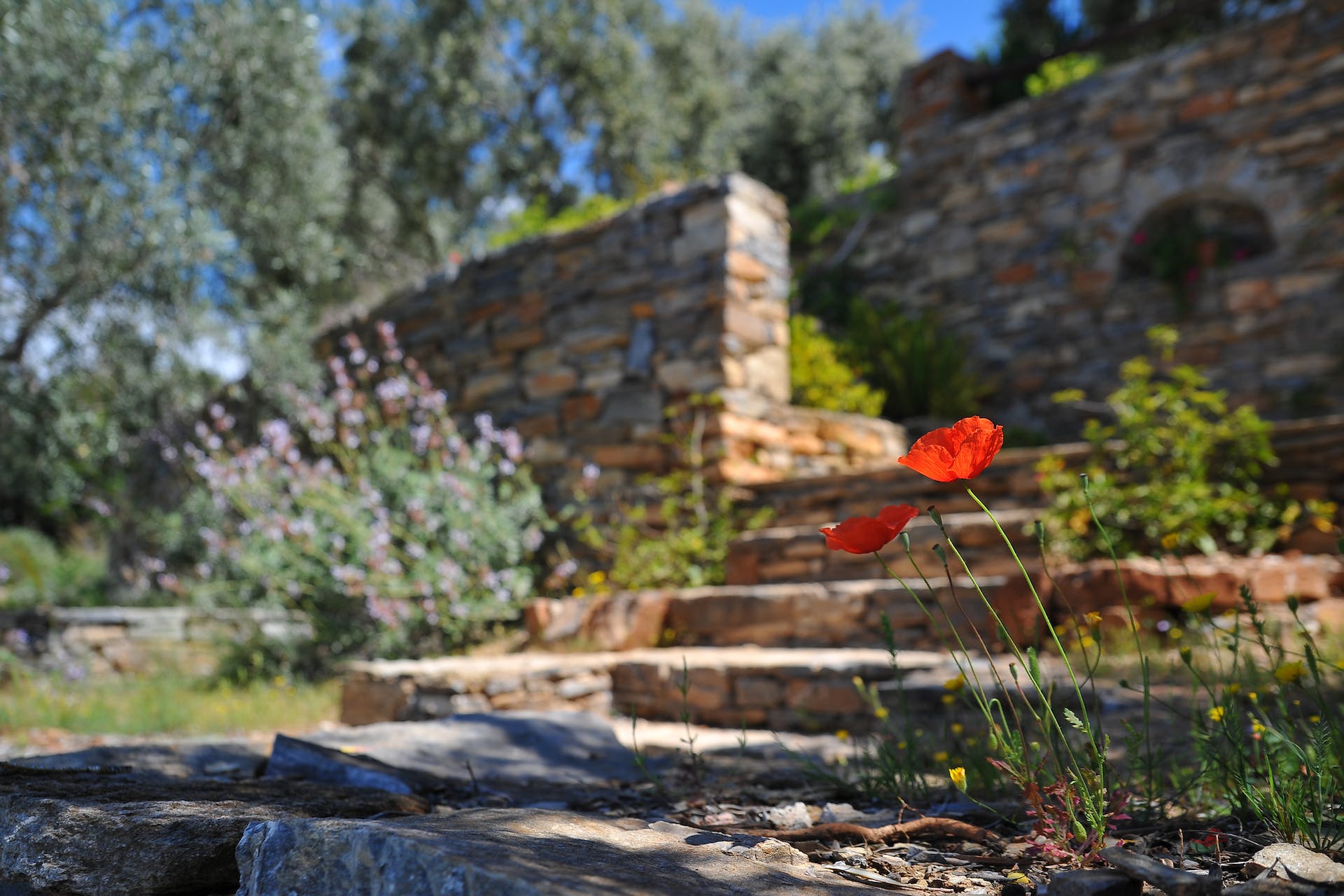This article delves into the world of eco landscaping, providing 29 innovative ideas to transform your garden into a sustainable haven, with an idea of how much it might cost to implement.
Please note: costs are estimates only and were gathered in 2023.
What is Eco Landscaping?
- Using native plants
- Conserving water
- Employing organic gardening techniques
The Benefits of Eco-Friendly Landscaping
- Supporting local wildlife
- Reducing carbon footprint
- Conserving natural resources
For garden owners, it means:
- Lower maintenance costs
- Increased property value
- The feel-good factor of contributing to environmental conservation
How To Create An Eco-Friendly Landscape
1. Choosing Sustainable Plants
Selecting the right plants is crucial for sustainable landscaping. In the UK, native species like Lavender, Foxgloves, and Hardy Geraniums are ideal as they are adapted to local conditions and support native wildlife. Drought-tolerant plants are also a wise choice to minimise water usage.
- Cost: Low to Moderate (£10 – £50 per plant)
- Native species are generally affordable. Costs vary depending on the size and maturity of the plants.
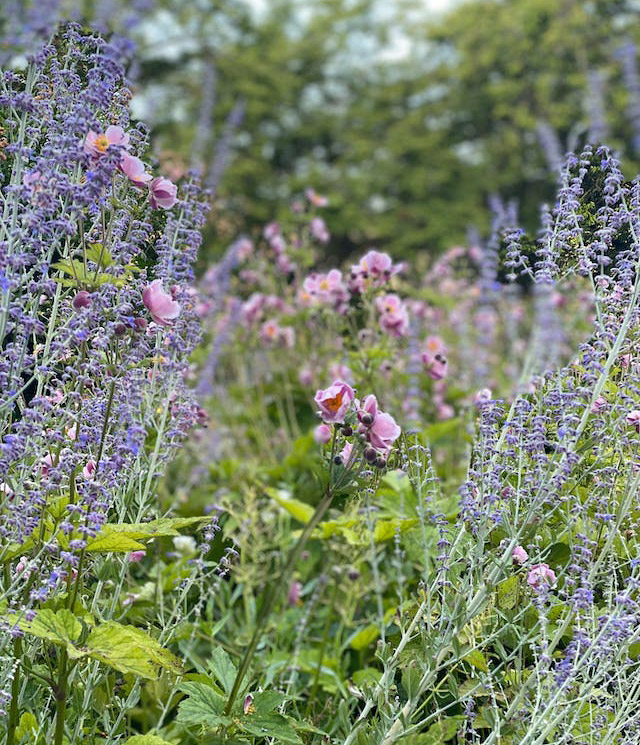
2. Alternatives to Traditional Grass Lawns
Traditional grass lawns are water and maintenance-intensive. Alternative turf varieties like clover lawns, moss gardens, or even artificial grass can significantly reduce your environmental footprint. These options require less water, no mowing, and provide a unique aesthetic to your garden.
- Cost: Moderate to High (£0.50 – £20 per square foot)
- Clover lawns and moss gardens are cheaper than artificial grass. The cost depends on the area covered and the type of alternative turf chosen.
3. Using Organic Mulch
Organic mulch, such as bark, wood chips, or grass clippings, is excellent for maintaining soil health. It conserves moisture, suppresses weeds, and, as it decomposes, enriches the soil with nutrients.
- Cost: Low (£3 – £6 per bag)
- Organic mulch like bark or wood chips is relatively inexpensive and widely available.
Water Conservation Strategies
4. Harvesting Rainwater
In the UK, harvesting rainwater using rain barrels is an effective way to conserve water. This collected water can be used for irrigation, reducing reliance on the mains water supply.
- Cost: Low to Moderate (£40 – £150 for a rain barrel system)
- The cost depends on the size and complexity of the rainwater harvesting system.
5. Eco-Friendly Irrigation Systems
- Cost: Moderate to High (£20 – £200+)
- Drip irrigation systems and soaker hoses vary in price based on quality and length.
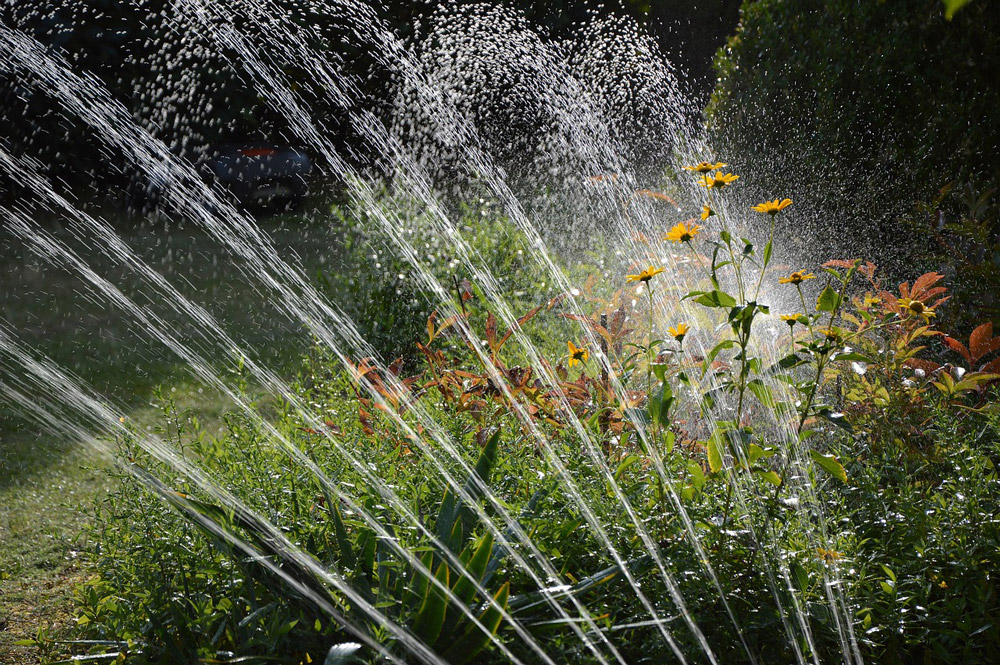
6. Creating a Drought-Resistant Garden
- Cost: Moderate (£10 – £50 per plant)
- Drought-tolerant plants can vary in price, but overall, the cost is moderate.
Eco-Friendly Landscaping Design
7. Incorporating Recycled Materials
Using recycled materials in your garden design is not only environmentally friendly but also adds a unique charm. Old pallets, repurposed bricks, and recycled glass can be creatively used in garden paths, walls, and decorative elements.
- Cost: Low to Moderate (Varies)
- The cost is highly variable and can be minimal if materials are sourced for free or at a low cost.
8. Designing for Wildlife
Creating a wildlife-friendly garden is a cornerstone of eco-landscaping. Incorporating elements like bird feeders, native flowering plants, and log piles can significantly enhance local biodiversity.
- Cost: Low to Moderate (£15 – £100)
- Bird feeders, native plants, and log piles have varying costs but are generally affordable.
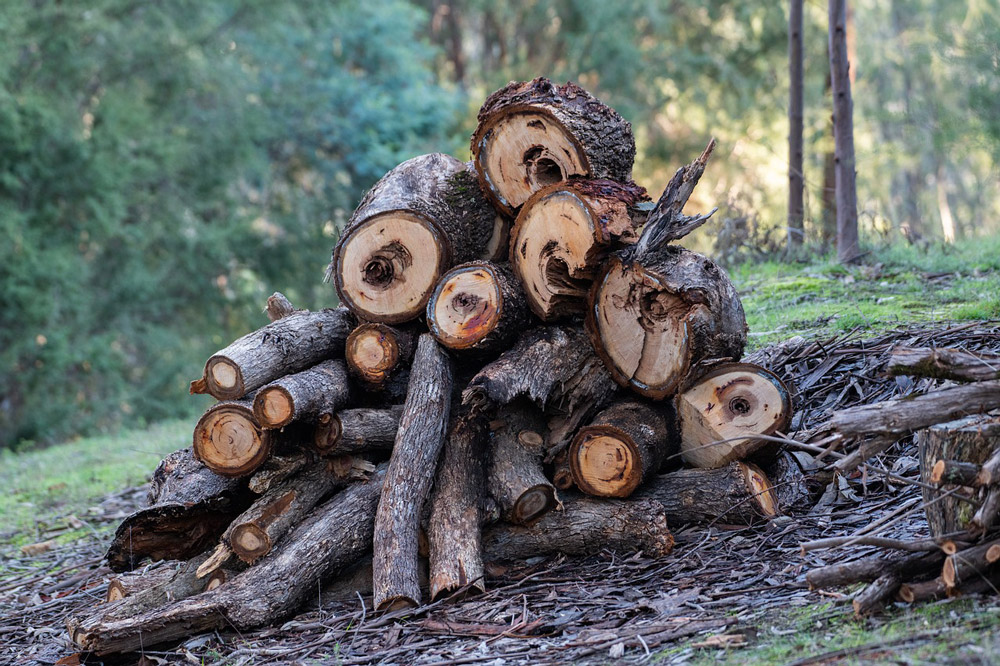
9. Innovative Eco Landscape Features
- Cost: High (£200 – £2000+)
- Green roofs and living walls are more expensive due to the complexity of installation and maintenance.
Sustainable Garden Maintenance
10. Composting and Waste Reduction
Setting up a compost bin is a great way to recycle kitchen and garden waste into nutrient-rich compost. This practice reduces waste and provides your garden with organic matter.
- Cost: Low to Moderate (£20 – £150 for a compost bin)
- Compost bins vary in price depending on size and type.
11. Natural Pest Control Methods
Opting for organic and natural pest control methods is crucial in eco-friendly landscaping. These methods are safer for the environment and beneficial insects in your garden.
- Cost: Low (£5 – £30)
- Organic pest control products are generally affordable.
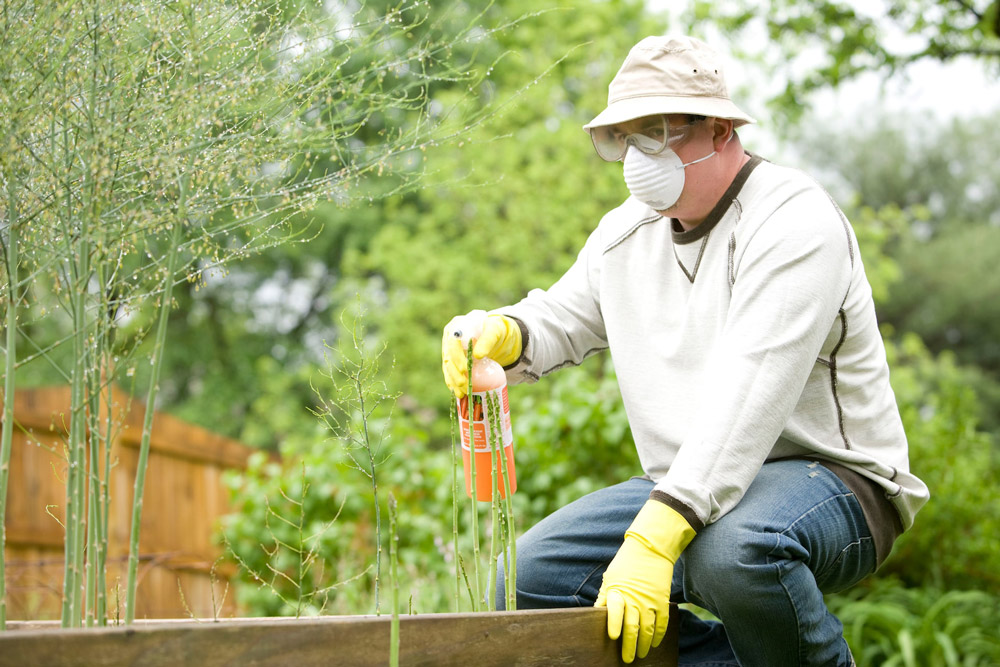
12. Lawn Care with Grass Clippings
Grass clippings can be used as a natural fertiliser, returning nutrients to the soil and reducing the need for chemical fertilisers.
- Cost: Minimal (Free if you have a lawn)
Additional Eco-Friendly Landscaping Ideas
Here are more tips to enhance your eco-friendly garden:
13. Plant Native Hedges for Natural Boundaries
Using native hedges as boundaries not only enhances the garden’s aesthetics but also supports local wildlife and biodiversity. They provide natural habitats and food sources for birds and insects.
- Cost: Moderate (£10 – £50 per plant)
- The cost depends on the type of hedge and the number of plants needed.
14. Use Energy-Efficient LED Garden Lighting
Switching to LED lighting for your garden is a smart, eco-friendly choice. LEDs are more energy-efficient, have a longer lifespan, and reduce electricity consumption.
- Cost: Moderate (£10 – £50 per light)
- LED lights are more expensive upfront but save money in the long run.
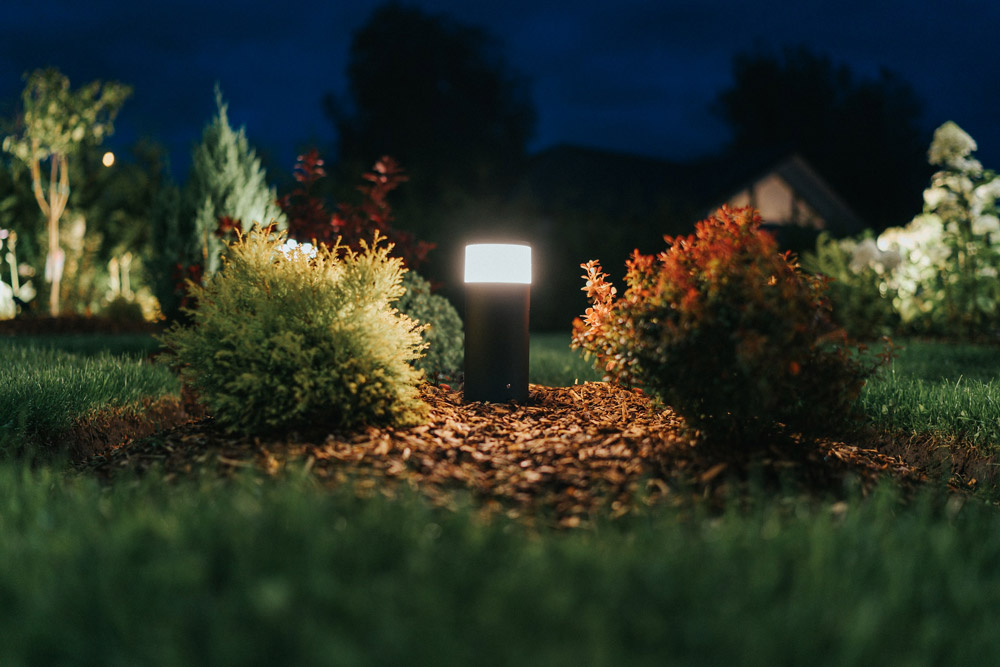
15. Implement Permaculture Principles
Permaculture involves creating sustainable and self-sufficient agricultural ecosystems. In your garden, this could mean designing layouts that mimic natural ecosystems, promoting biodiversity and sustainability.
- Cost: Variable (Depends on design and scale)
- Costs can range widely based on the complexity of the permaculture design.
16. Create a Rain Garden to Manage Runoff
Rain gardens are effective in managing water runoff. They are planted in depressions and absorb rainwater, reducing erosion and water pollution and recharging groundwater.
- Cost: Moderate to High (£100 – £500)
- The cost depends on the size and complexity of the rain garden.
17. Use Solar-Powered Water Features
Solar-powered water features reduce electricity usage. They harness the power of the sun, making them an eco-friendly addition to any garden.
- Cost: Moderate (£50 – £250)
- Solar-powered features vary in price based on size and design.
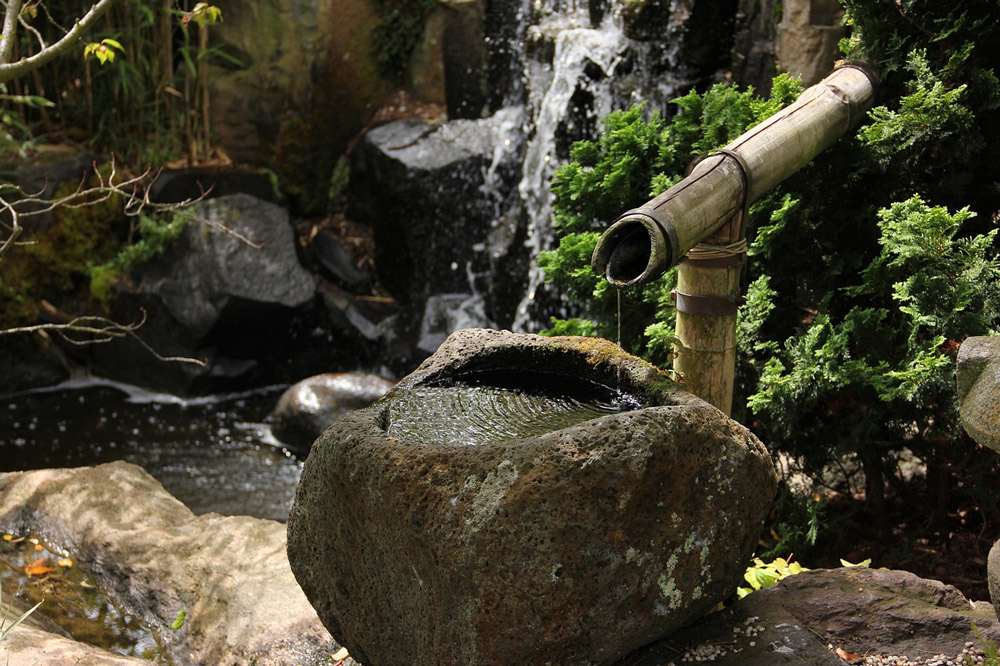
18. Plant a Vegetable and Herb Garden
Growing your own vegetables and herbs reduces your carbon footprint and provides you with fresh, organic produce. It’s a sustainable practice that also promotes healthy eating.
- Cost: Low to Moderate (£2 – £10 per plant/seeds)
- Initial costs for seeds or plants, with potential savings on groceries.
19. Choose Sustainable Garden Furniture
Opt for garden furniture made from sustainable materials like recycled plastic, reclaimed wood, or bamboo. These choices are environmentally friendly and add a natural touch to your garden.
- Cost: Moderate to High (£100 – £500+ per item)
- Sustainable materials can be more expensive but are durable and eco-friendly.
20. Implement a Green Waste Recycling Plan
Recycling green waste like leaves, grass clippings, and branches into compost or mulch is an excellent way to reduce waste and enrich your garden soil.
- Cost: Low (Free to minimal if using existing garden waste)

21. Use Natural Stone or Reclaimed Materials for Hardscaping
Incorporating natural stone or reclaimed materials in paths, patios, or walls is not only eco-friendly but also adds a unique, rustic charm to your garden.
- Cost: Moderate to High (£10 – £50 per square foot)
- The cost varies based on the materials chosen and the area covered.
22. Create a Bee-Friendly Garden with Pollinator Plants
Designing a garden that attracts bees and other pollinators is crucial for maintaining biodiversity. Planting a variety of flowering plants ensures a year-round food source for these vital insects.
- Cost: Low to Moderate (£5 – £20 per plant)
- Pollinator-friendly plants are generally affordable.
23. Use Peat-Free Compost
Peat-free compost is a sustainable alternative to traditional peat compost. Its production doesn’t damage peat bogs, which are important carbon sinks and ecosystems.
- Cost: Low to Moderate (£5 – £10 per bag)
- Slightly more expensive than peat-based compost but more sustainable.
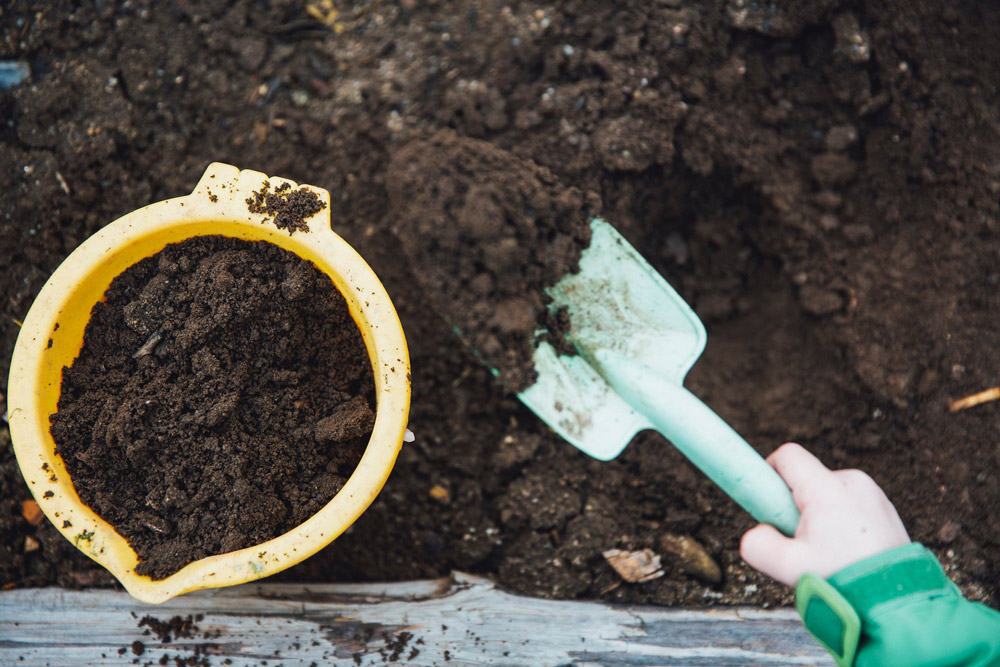
24. Install a Green Fence for Privacy and Wildlife Support
Green fences, made from climbing plants or shrubbery, provide privacy while also supporting wildlife. They are a living, breathing alternative to wooden or metal fences.
- Cost: Moderate to High (£50 – £200 per section)
- The cost depends on the type of plants and the length of the fence.
25. Practise Seasonal Gardening to Reduce Energy Use
Adapting your gardening activities to the seasons can reduce the need for artificial heating or cooling. It involves planting season-appropriate plants and using natural climate conditions to your advantage.
- Cost: Low (Primarily involves planning and plant selection)
26. Use a Manual Lawn Mower for Small Lawns
For smaller lawns, a manual mower is a great eco-friendly option. It doesn’t require electricity or gas, reducing your carbon footprint and providing a bit of exercise!
- Cost: Low to Moderate (£50 – £150)
- Manual mowers are cheaper than electric or gas mowers.
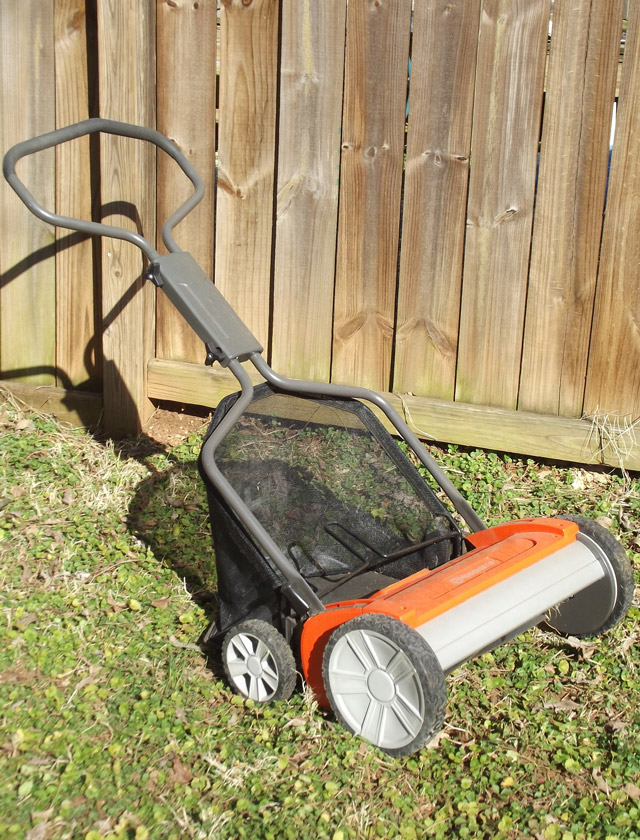
27. Implement Companion Planting to Naturally Deter Pests
Companion planting involves strategically placing plants that benefit each other close together. This practice can naturally deter pests, reducing the need for chemical pesticides.
- Cost: Low (£2 – £10 per plant)
- The cost is minimal, especially if seeds are used.
28. Establish a Wildlife Pond
Creating a small wildlife pond in your garden can significantly enhance local biodiversity. It provides a habitat for amphibians, insects, and birds and can be a focal point for natural beauty. Even a small pond can have a big impact, attracting beneficial wildlife and contributing to local ecosystems.
- Cost: Moderate to High (£100 – £500)
- The cost varies based on size and design complexity.
29. Integrate Edible Perennials
Incorporating edible perennials into your landscaping is both sustainable and practical. Plants like rhubarb, asparagus, and artichokes provide food year after year, reducing the need to replant. This approach not only saves time and resources but also contributes to a self-sustaining garden ecosystem.
- Cost: Moderate (£5 – £20 per plant)
- Initial investment pays off over time as plants provide produce for years.
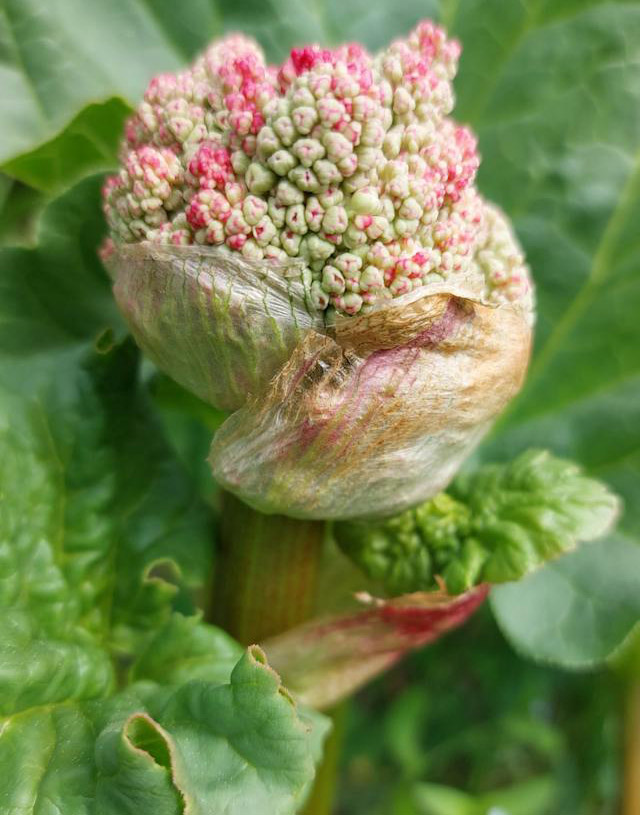
Whether you’re starting a new garden project or revamping an existing one, these ideas will guide you towards a more sustainable approach.
Looking to transform your garden sustainably?
With over 15 years of experience, the experts at Green Team Landscaping are masters in the art of sustainable garden landscaping. Known for crafting breathtaking dream outdoor spaces across North London, our team specialises in eco-friendly landscaping designs. Whether you’re looking for expansive or modest office building landscaping ideas, we have the skills and creativity to bring your vision to life.
Contact Green Team Landscaping now to arrange your free consultation and start your journey towards an eco-friendly outdoor space.

